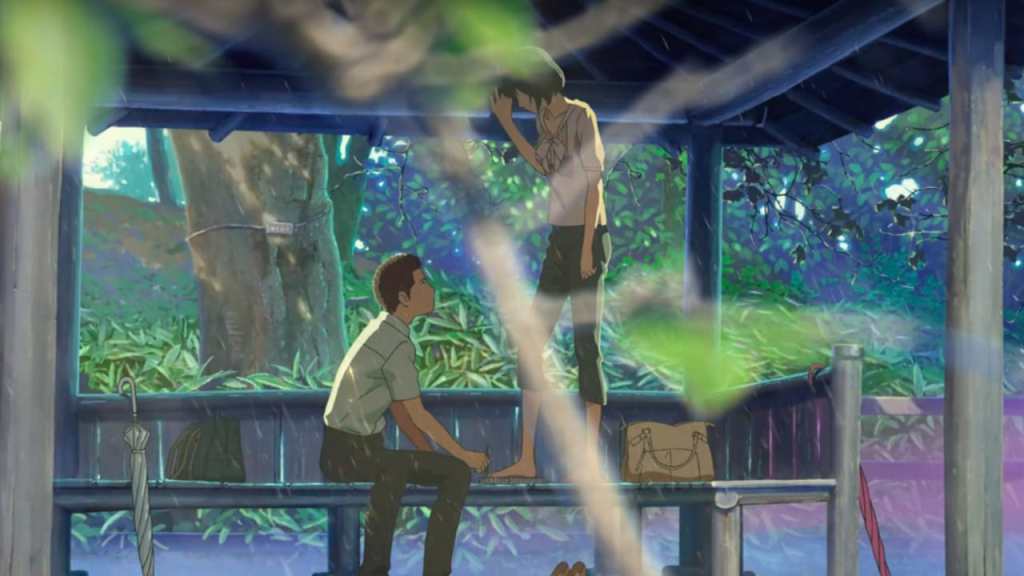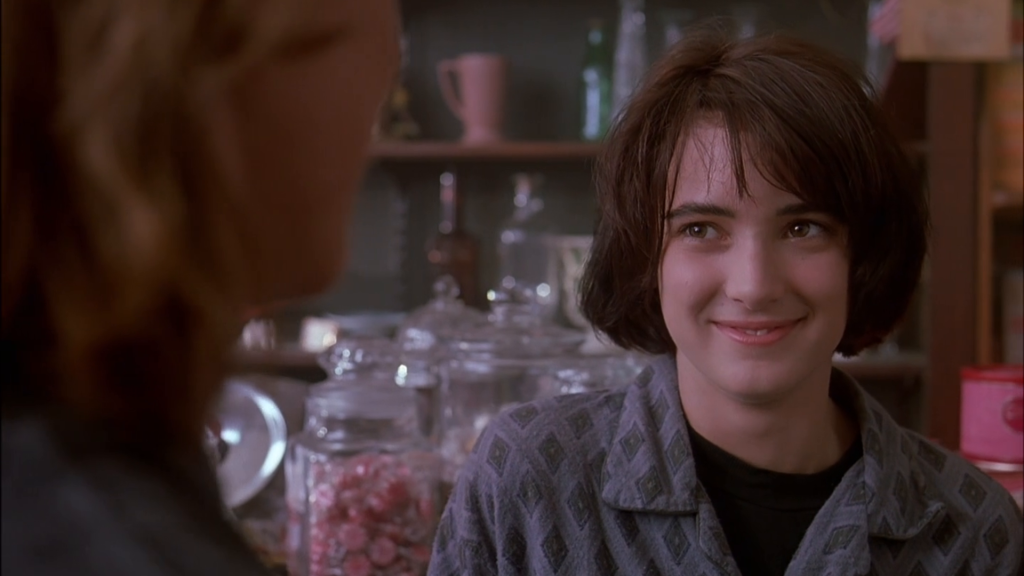 Aboriginal and Torres Strait Islander readers are advised that this review names and references people who have died.
Aboriginal and Torres Strait Islander readers are advised that this review names and references people who have died.
The Last Wave is a 1977 supernatural thriller co-written and directed by Australian filmmaker Peter Weir. It followed his internationally acclaimed 1975 film Picnic at Hanging Rock, but sadly struggled to find a significant audience overseas. Thanks to a timely bluray release from Umbrella Entertainment, it is now available for Australian audiences to rediscover anew. It is a handsome edition of a criminally under-seen film.
When an altercation in a city bar leads to the death of an aboriginal man, lawyer David Burton (Richard Chamberlain) is appointed to defend the alleged killers. As he attempts to determine the circumstances that led to the man’s murder, he finds himself afflicted by growing dreams and visions. He is drawn to one of the defendants (David Gulpilil) who may provide the answers he seeks.
The Last Wave is a remarkably surreal and unsettling film, and one that feels distinctly different from the historical and rural dramas that seemed to typify much of Australian 1970s cinema. It presents a Sydney that seems strangely unfamiliar as it is battered by growing storms throughout, giving most scenes a water-soaked, gloomy aesthetic. It also feels remarkably bold in its use of the mythology of Australia’s First Nations, developed in consulation with its cast, to give it a hugely original narrative. I do not think there is another Australian film quite like it.
Richard Chamberlain seems an odd choice of lead actor: an American in such an innately Australian film. He performs his part well, but it does feel a little like a concession to an American distributor. Much more effective is David Gulpilil as accused murderer Chris Lee. Gulpilil is one of Australia’s genuine national treasures: a superbly effective and talented actor who brings along with him an electric screen presence from one film to another. He is absolutely outstanding here, bringing a profound energy to his role and upping the overall quality of every scene in which he appears. The late Nandjiwarra Amagula is also outstanding to watch in a role rich with dramatic power and dignity.
Something particularly impressive about Tony Morphett and Petru Popescu’s screenplay is the manner in which it combines supernatural thrills with real-world discussion of indigenous existence within a colonised world. The film’s white lawyers discuss Aboriginal Australians with such a dismissive and paternal attitude, notably bringing with them the idea that those living in urban areas could not possibly bring ideas of tribal law along with them. David Burton’s wife (Olivia Hamnet) even expresses a naive sense of novelty when Burton invites Chris to dinner at his home. ‘I’m a fourth-generation Australian,’ she declares. ‘I’ve never met an aborigine before.’
The Last Wave is bold and wonderful strange. It comes packed with rain-soaked foreboding and a then-progressive, muscular attitude to indigineity in 1970s Australia. Peter Weir, of course, went on from here to direct some of Australia and America’s absolute best feature films. Audiences and critics openly discuss the likes of Gallipoli, Witness, The Truman Show, and others. It is past time for The Last Wave to be re-incorporated into his popular filmography.





Leave a comment